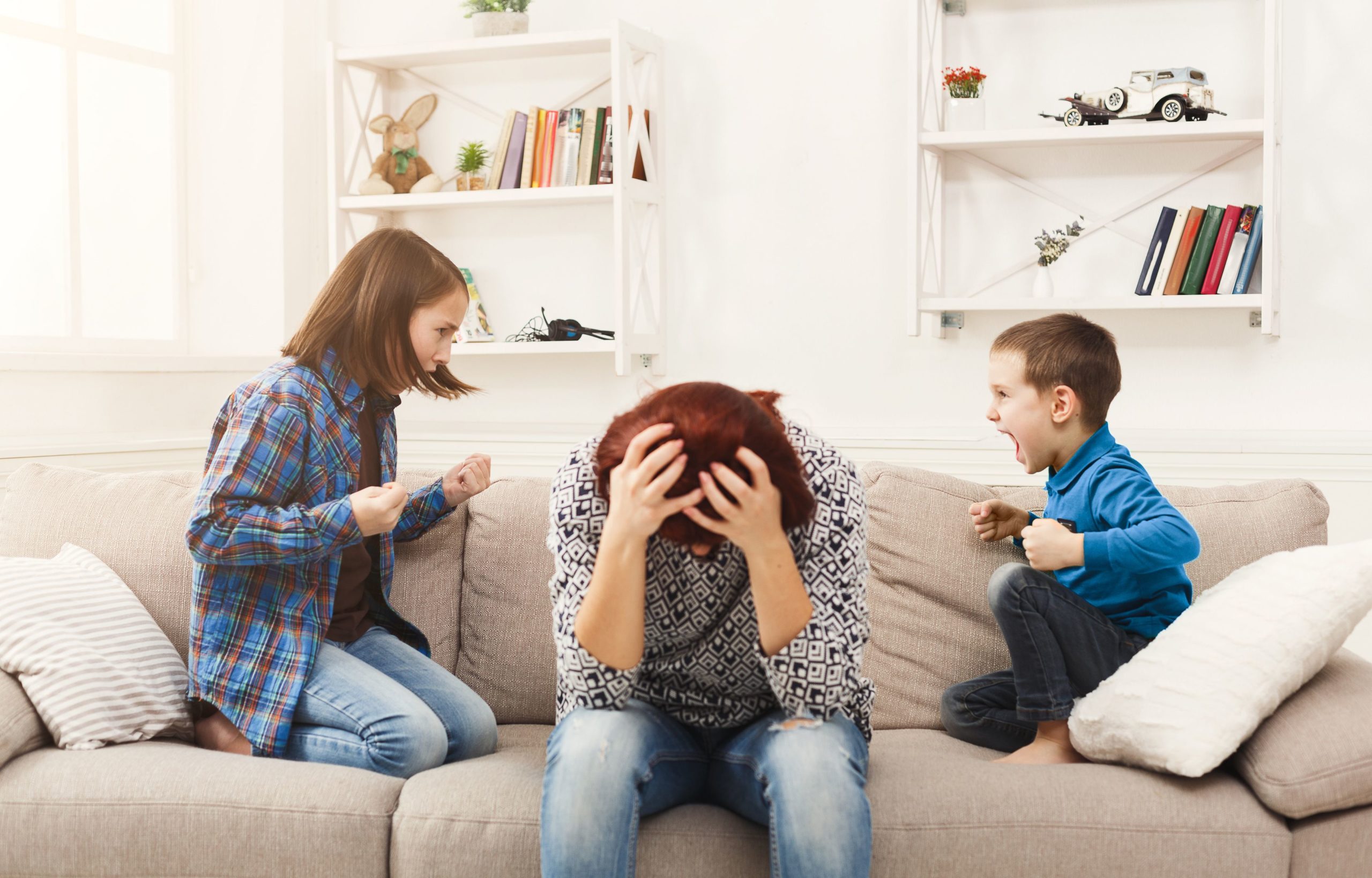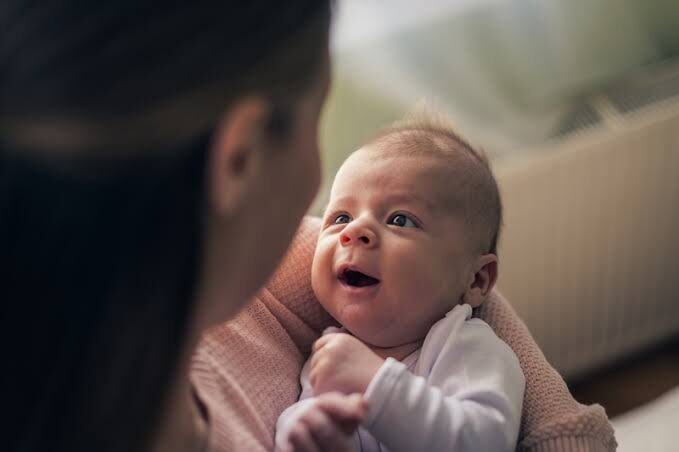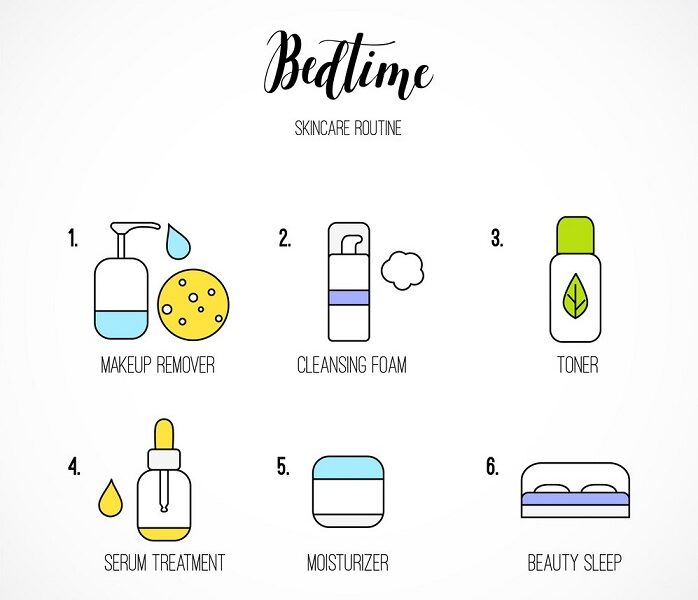
Why Parents in Western Countries Report More Burnout ?
The ongoing pandemic has plagued parents. In many places, schools are closed or partially isolated. Grandparents are at high risk of contracting serious illness with COVID-19 alone. This led many parents to work with minimal social support.
A new study of 17,409 parents in 42 countries now examining parental burnout shows that this fatigue was already high in prehistoric times, especially in Western countries. Emphasizing the degree of individualism or independence of the country, Parent-child relationships in individualistic countries are often very different from parents who live in a country with a collectivist culture can count on other family members, friends, and even acquaintances to raise their children.
“I had the intuition that individualism would contribute to my parents’ exhaustion,” says Isabel Roscam, a psychologist at the University of Ruben in Belgium. However, Roscam, whose results were published in Affective Science on March 18, found that other social factors she measured, such as parental workload and time spent with children, were not associated with parental burnout.
The exhaustion of parents can cause great damage to the family, says Roskam. Parents can withdraw and whip, children suffer the consequences
Parents interviewed answered demographic questions such as the number and age of children in the household, the amount of time they spend with their children each day, the number of adult women or men in the household, and employment status.
They also explained the frequency of emotions such as “I’m completely overwhelmed by my parenting role” and “I don’t like being with my child,” with 23 established parental breakdowns. Syndrome evaluation completed. The scale ranged from zero to six daily. A parent was identified as exhausted if the overall survey result, calculated simply by summing the responses, was 92 or more.
Team members assessed these values along with national individualism scores calculated by data analysis firm Hofstede Insights. The team found a high level of individualism, along with a high proportion of burnout parents. For example, in the United States, with an individualistic score of 91, about 8% of parents are exhausted. On the other hand, in countries with individualistic scores of 20 or less, such as Pakistan, Ecuador, and China, less than 2% of parents had burnout.







